There are ten books on the 2024 J.W. Dafoe Book Prize longlist and today we’re going to highlight Leo Baskatawang’s Reclaiming Anishinaabe Law: Kinamaadiwin Inaakonigewin and the Treaty Right to Education (University of Manitoba Press).
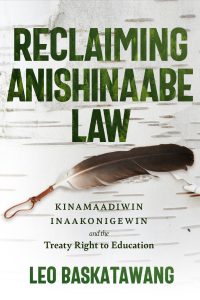 In Reclaiming Anishinaabe Law Leo Baskatawang traces the history of the neglected treaty relationship between the Crown and the Anishinaabe Nation in Treaty #3, and the Canadian government’s egregious failings to administer effective education policy for Indigenous youth—failures epitomized by, but not limited to, the horrors of the residential school system.
In Reclaiming Anishinaabe Law Leo Baskatawang traces the history of the neglected treaty relationship between the Crown and the Anishinaabe Nation in Treaty #3, and the Canadian government’s egregious failings to administer effective education policy for Indigenous youth—failures epitomized by, but not limited to, the horrors of the residential school system.
Rooted in the belief that Indigenous education should be governed and administered by Indigenous peoples, Baskatawang envisions a hopeful future for Indigenous nations where their traditional laws are formally recognized and affirmed by the governments of Canada. Baskatawang thereby details the efforts being made in Treaty #3 territory to revitalize and codify the Anishinaabe education law, kinamaadiwin inaakonigewin. Kinamaadiwin inaakonigewin considers education wholistically, such that it describes ways of knowing, being, doing, relating, and connecting to the land that are grounded in tradition, while also positioning its learners for success in life, both on and off the reserve.

As the backbone of an Indigenous-led education system, kinamaadiwin inaakonigewin enacts Anishinaabe self-determination and has the potential to bring about cultural resurgence, language revitalization, and a new era of Crown-Indigenous relations in Canada. Reclaiming Anishinaabe Law challenges policy makers to push beyond apologies and performative politics , and to engage in meaningful reconciliation practices by recognizing and affirming the laws that the Anishinaabeg have always used to govern themselves.
Leo Baskatawang is Anishinaabe from Lac Des Mille Lacs First Nation in Treaty #3 territory. He is an assistant professor in the Faculty of Law at the University of Manitoba. Prior to beginning his academic career, Dr. Baskatawang served in the United States Army, where he completed two combat tours, with distinction, in service of the Global War on Terrorism and Operation Iraqi Freedom.


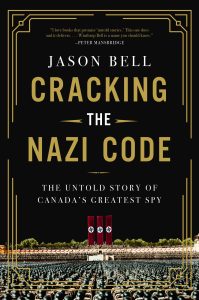

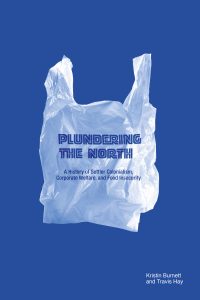
 Plundering the North provides fresh insight into Canada’s settler colonial project by re-evaluating northern food policy and laying bare the governmental and corporate processes behind the chronic food insecurity experienced by northern Indigenous communities.
Plundering the North provides fresh insight into Canada’s settler colonial project by re-evaluating northern food policy and laying bare the governmental and corporate processes behind the chronic food insecurity experienced by northern Indigenous communities.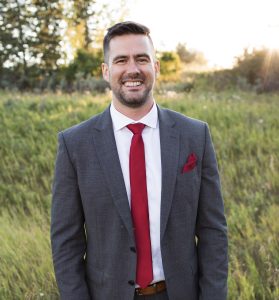 Travis Hay is a historian of Canadian settler colonialism who was born and raised in Thunder Bay, Ontario. He is currently an assistant professor at Mount Royal University, the author of Inventing the Thrifty Gene, and the English Language Book Review Editor of Canadian Journal of Health History.
Travis Hay is a historian of Canadian settler colonialism who was born and raised in Thunder Bay, Ontario. He is currently an assistant professor at Mount Royal University, the author of Inventing the Thrifty Gene, and the English Language Book Review Editor of Canadian Journal of Health History.
 Julian Sher is an award-winning journalist and the author of seven books, including “Until You Are Dead”: The Wrongful Conviction of Steven Truscott and White Hoods: Canada’s Ku Klux Klan. He co-authored two books on biker gangs, The Road to Hell and Angels of Death, and wrote two books on crimes against children, One Child at a Time and Somebody’s Daughter.
Julian Sher is an award-winning journalist and the author of seven books, including “Until You Are Dead”: The Wrongful Conviction of Steven Truscott and White Hoods: Canada’s Ku Klux Klan. He co-authored two books on biker gangs, The Road to Hell and Angels of Death, and wrote two books on crimes against children, One Child at a Time and Somebody’s Daughter.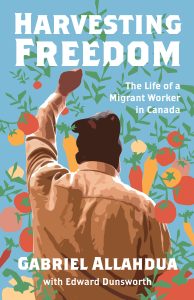
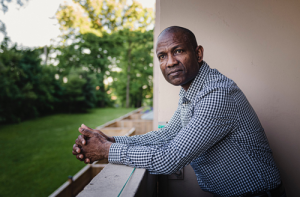
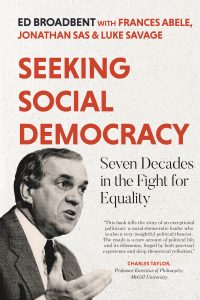
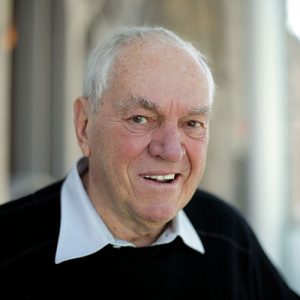
 ocratic Inequality: What Went Wrong? and a frequent author of newspaper and magazine opinion articles.
ocratic Inequality: What Went Wrong? and a frequent author of newspaper and magazine opinion articles.

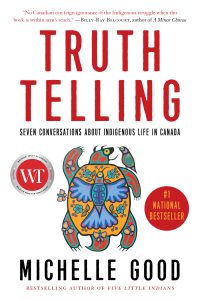
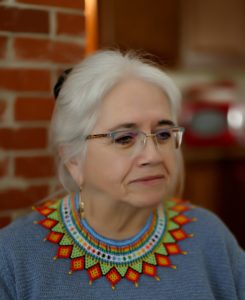
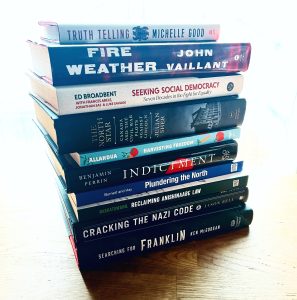
 In the meantime, here’s more about our jurors!
In the meantime, here’s more about our jurors!
